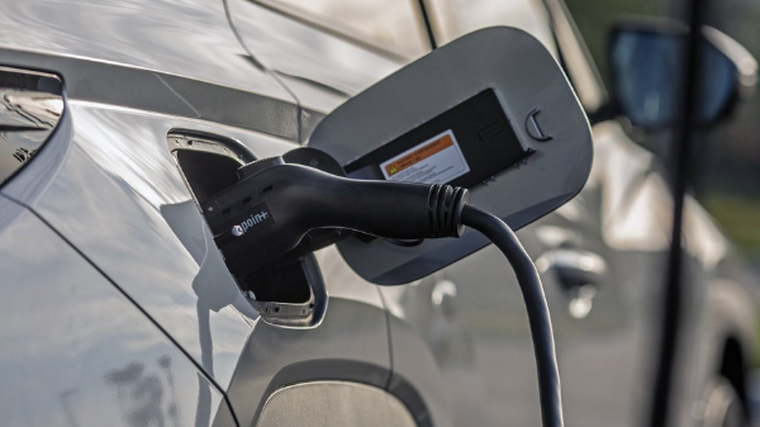Industry organisation hails EV incentives

The Federal Chamber of Automotive Industries (FCAI) has welcomed the approach taken by an Australian state government towards incentives for electric vehicles (EVs), supporting infrastructure investment, and carbon dioxide (CO2) emissions targets for public and private vehicle fleets.
“We have worked closely with the Victorian government to find a holistic approach to increasing the uptake of EVs through specific investments and climate targets,” says Tony Weber, the FCAI’s chief executive.
“However, we have concerns over the ambitious target of 50 per cent of new-vehicle sales in Victoria being electric by 2030, warning that governments should focus on CO2 targets rather than mandating specific technologies.
“The aim is to reduce emissions from vehicles. Governments should focus on targets, not technologies. If governments set the targets, carmakers will deliver the range of vehicles onto the market that achieves environmental outcomes.
“We have already come a long way and we believe these issues can be resolved. The FCAI looks forward to continuing to develop more policy through the Victorian government’s expert advisory panel to ensure achievable, practical and innovative long-term strategies are in place to meet long-term objectives for CO2 emissions.”
Weber adds actions being taken in Victoria highlight the federal government risks missing an opportunity to provide leadership and policy direction on the increased take-up of zero and low-emissions vehicles (ZLEVs).
“The FCAI has consistently advocated for a national approach to these issues that ideally would be federally-led to avoid the prospect of individual state governments introducing their own standards and programmes to support ZLEVs.
“If other states introduce their own programmes, they must align. Otherwise, the result will be another disjointed and chaotic system like the introduction of different rail gauges across the country.”
Weber says the FCAI supports sensible and achievable CO2 emissions targets that allow customers to choose the vehicles and technology they want to suit personal and commercial needs.
He adds Victoria’s incentives package for EVs is consistent with measures being adopted by governments across the world. However, it does bring into question the decision of that state government to also introduce legislation that targets a road-user charge on electric and plug-in hybrid vehicles.
“Road-user charging decisions should not be based around specific technologies and particularly those that are in their relative infancy in the Australian market.
“An efficient road-user charging scheme can address all users regardless of the type of vehicle they drive, how often it is driven and the purpose of the travel.”





